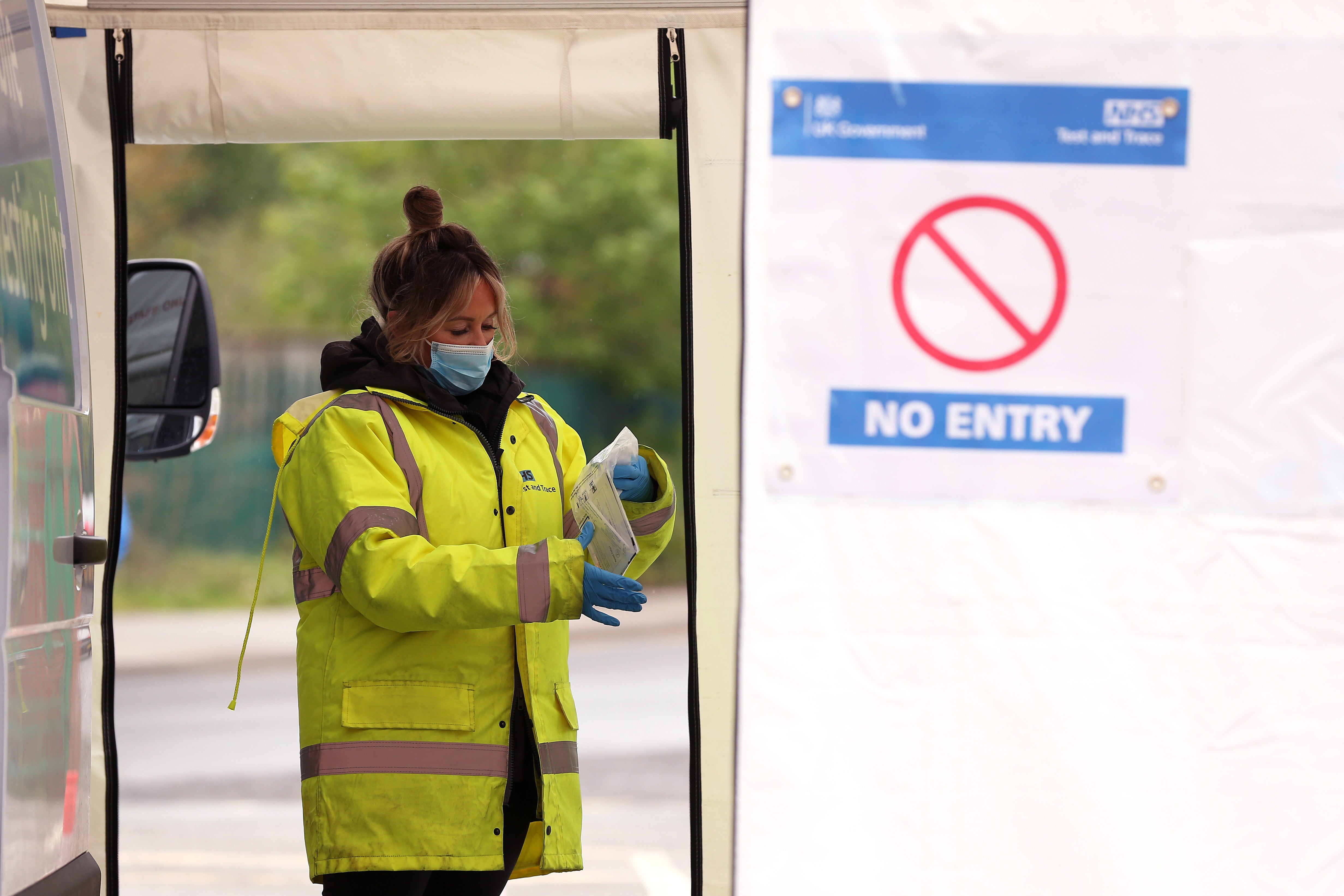This is a crucial week for the economy – but the Indian variant of Covid-19 has clouds forming on the horizon
Is the burst of inflation we are likely to see in the next few weeks permanent or temporary? This is really important for policy, writes Hamish McRae


A big reopening of the UK economy, or a fizzle and a flop? This will be a crucial week in the march back to normality – a week that will tell us lot about how quickly and how safely the world can get back to business as usual, and how the new normality may be rather different to what we remember from those distant pre-lockdown days.
Until a few days ago we could all see a fairly clear path ahead. The UK government had plotted the progressive reopening of shops, restaurants and offices as the vaccines were rolled out and infections fell. Foreign travel lay ahead. Other governments around the world were doing much the same, with the US leading the way. You could argue about the tactics and the detail but we could all see the way the world economy would develop through the rest of this year.
Now some clouds have returned. It is not just that the latest Covid-19 variant that originated in India has brought new uncertainties, though it has surely done that. There is also a reluctance to return to established patterns, for example of commuting and of shopping. And while most of us get back to meeting our friends and families we won’t know how real things will feel until we do so.
So what should we look for? Here are five areas where the clues to the future will lie.
First and most obvious, can the vaccines clonk the Indian variant on the head? If they can – and the health secretary, Matt Hancock, has said the UK has “increasing confidence” that is the case – the pattern of an annual vaccine will become the normal way of life, crucially not only the developed world but for the emerging economies too. Then the new normal won’t be so different from the old one. If the variant proves tougher to tackle, then the uncertainties will mount in a most troubling way. A few weeks and we will know much more.
Second, we will learn more about our own reactions, preferences and priorities. The past months have been utterly artificial – a world where people are not supposed to hug each other? – but we won’t know what we really have missed until we are allowed to behave normally. Indeed the idea that any government should have the authority to order people not to behave normally may start to seem quite strange. Lockdowns do have popular support, or at least they seem to so far. But as the emergency fades attitudes may shift.
Third, what will happen to prices? As the hospitality industry reopens, it will be faced with higher costs. Someone has to pay for those costs, and the losses incurred over the months of closure. That someone is the customer. Pubs, restaurants and so on will be different because they have learned how to adapt, often wonderfully well. But they won’t survive if they don’t increase their charges.
That leads to a wider issue, number four. Is the burst of inflation we are likely to see in the next few weeks permanent or temporary? This is really important for economic policy. US experience will be particularly important as the economic recovery there is running ahead of the UK and Europe. But if the UK also races out of the traps this summer, as Andy Haldane, chief economist of the Bank of England, expects, then the chances increase that inflation may become embedded. If that happens there will be higher interest rates to combat inflation, the only issues being when rates rise and by how much.
Finally, this coming week will give us more clues about the reopening of international travel. The arrival of the Indian variant has led to calls for swifter clampdowns on people arriving from abroad. Freedom to travel has long been a basic human right but for reasons we all understand has been the greatest casualty of the pandemic. One problem is that the costs of opening national borders are immediate and obvious, whereas the costs of keeping them closed are long term and nebulous. A world where people cannot travel – or only the very rich can travel – would be very different from the one before the pandemic hit.
This is not particularly an issue for the UK, though as one of the most open economies of the world it has been unusually severely affected. (Ahead of the pandemic more people flew in and out of London than any other city in the world.) So we should look for evidence worldwide for easing of travel restrictions, rather than just what is happening in Europe. For example, will US-Canada travel reopen? The more borders that reopen the more the pressure on other borders to open too.
That leads to a final thought. The UK is making reasonable progress in getting back to some sort of normality and this week is a milestone. But what ultimately matters is that the world as a whole crushes the virus. Europe and America are not safe until India and the rest of the emerging world are safe. That will be the next challenge.



Join our commenting forum
Join thought-provoking conversations, follow other Independent readers and see their replies
Comments